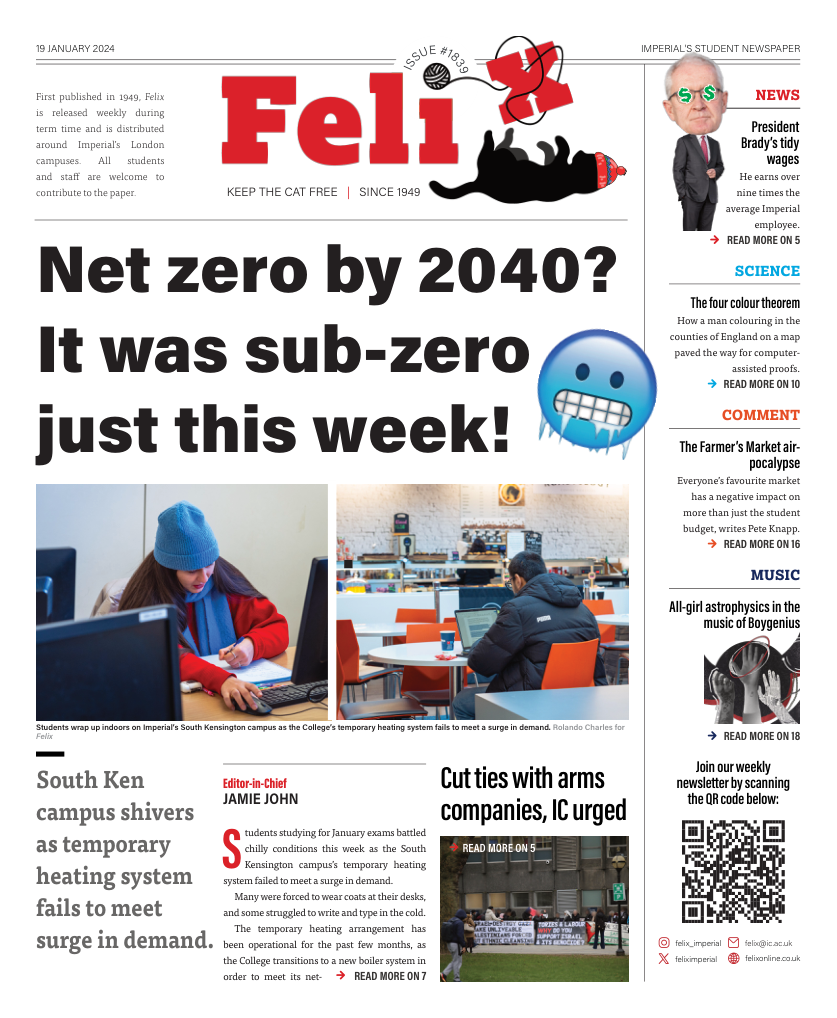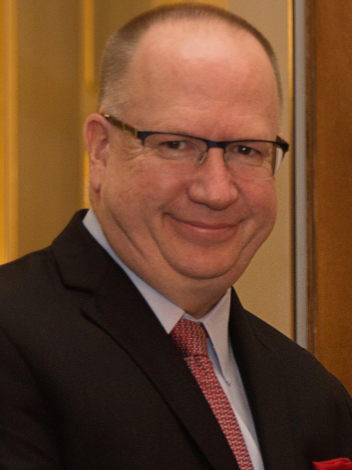Imperial spends up to £4m per year on scholarships requiring Xi Jinping support
New estimate based on FOI revealing Imperial is host to 62 scholars this year.
Imperial spends between £2m and £4m per year on a doctoral scholarship programme administered by the Chinese Scholarship Council (CSC), Felix has estimated, on the basis of a Freedom of Information (FOI) request.
Documents obtained by UK-China Transparency (UKCT) last term revealed that students on the CSC programme must ‘have a correct worldview’ and ‘thoroughly implement Xi Jinping Thought’.
The FOI response shows there are 62 students currently receiving the scholarships, and previous estimates by this paper suggest Imperial spends up to £65,000 per head.
The College refused to reveal the proportion of the scholarship funded by the CSC, saying this would ‘prejudice Imperial College’s and CSC’s commercial interests’.
The Freedom of Information Act allows institutions to reject requests on the basis of commercial interests, but says they must consider the public interest in disclosure. Imperial says it is ‘unable to identify any public interest factors that would require disclosure’.
The CSC has the final say on which candidates are selected for the scholarships, and stipulates that a ‘rigorous review of the applicant’s political ideology’ must be performed, in its 2023 selection guidelines.
A total of 37 UK universities have partnerships with the CSC, but many of those pay only for tuition fees, suggests a report by Civitas, while the CSC funds the maintenance allowance. Imperial pays for both tuition fees and a maintenance allowance.
A Universities UK spokesperson said: ‘Universities take their security responsibilities extremely seriously. Any research partnerships and collaborations must comply with stringent regulations, including approval through the UK’s export control regime where appropriate.’
A spokesperson for the Russell Group of universities said: ‘Every applicant from China who wants to study for a higher degree in a sensitive area must pass enhanced security checks through the Government’s academic technology approval scheme before they come to the UK.’







